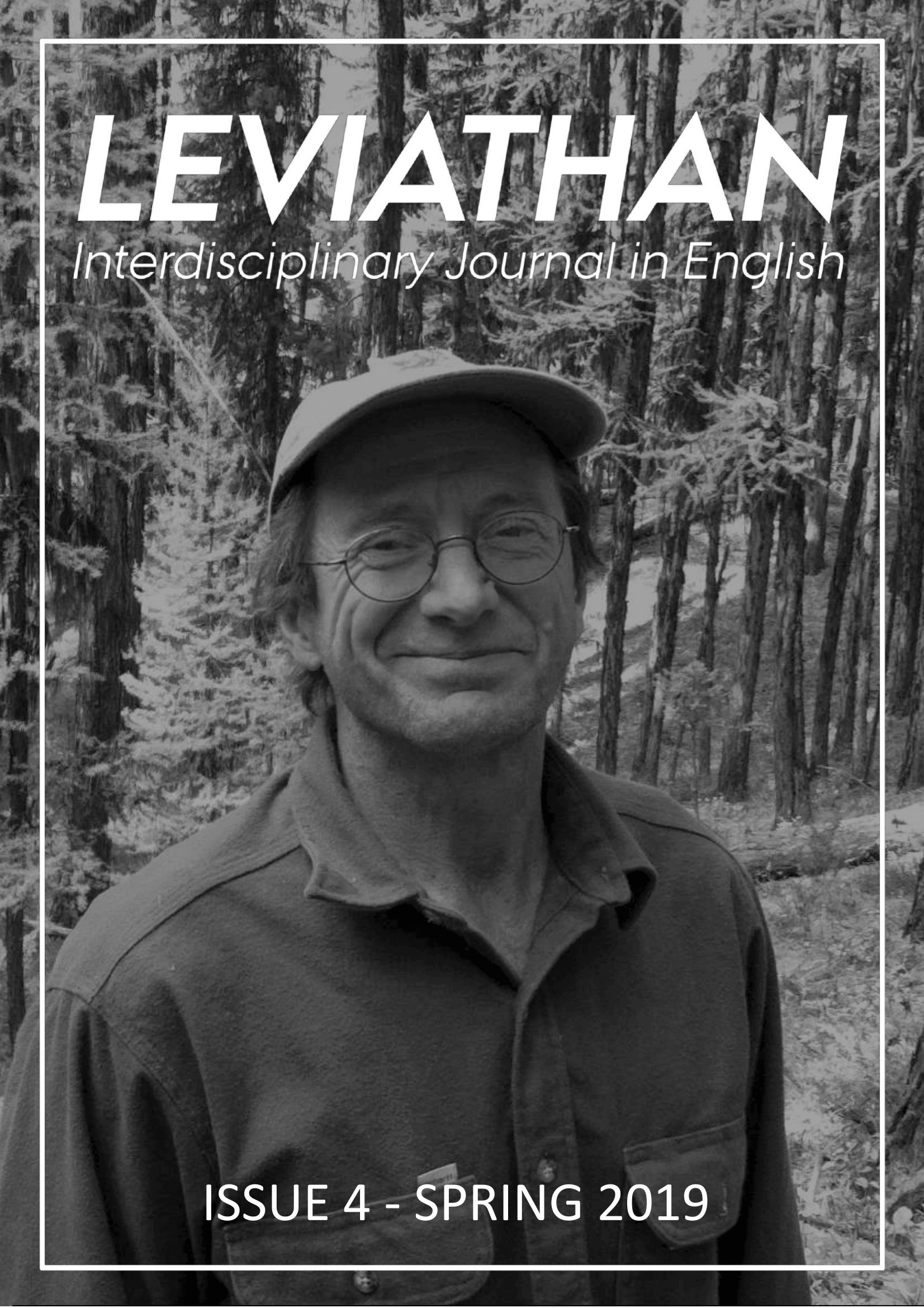Arguments for and against the Idea of Universal Grammar
DOI:
https://doi.org/10.7146/lev.v0i4.112677Keywords:
generative grammar, the innateness hypothesis, English syntax, child language acquisition, Noam Chomsky, Steven Pinker, Universal Grammar, Current Topics in English LinguisticsAbstract
For many, language is viewed as something that is actively learned through sensory stimulus and training. However, the idea of Universal Grammar (UG) challenges this notion by pointing at the inconsistencies in the behaviorist model of language learning. Proponents of Universal Grammar argue that language is acquired rather than learned, meaning that linguistic structures are a biologically innate part of the human mind. This paper explores arguments on both sides of the issue, beginning with the classical behaviorist model and then turning to two selected arguments for UG before finally discussing the theory in light of more recent criticisms. In the end, I conclude that while Universal Grammar is still controversial in the field of linguistics, it at the very least succeeds in showing that there are still unanswered questions regarding the way the human mind acquires language.
Downloads
Published
How to Cite
Issue
Section
License
Attribution-NonCommercial-NoDerivatives 4.0 International (CC BY-NC-ND 4.0)
You are free to share (copy and redistribute the material in any medium or format).
However:
You may not use the material for commercial purposes.
You must give appropriate credit, provide a link to the license, and indicate if changes were made. You may do so in any reasonable manner, but not in any way that suggests the licensor endorses you or your use.
If you remix, transform, or build upon the material, you may not distribute the modified material.
You may not apply legal terms or technological measures that legally restrict others from doing anything the license permits.





